With mental health requirements as varied as the individuals requiring assistance, it is often difficult to find the appropriate therapist in the modern-day world. Employees can be experiencing stress, anxiety, burnout, or personal problems, and organizations are becoming aware of the fact that mental health support should be considered as an element of an extensive wellness strategy. Nevertheless, it is not that easy to make sure that every person is assigned a therapist who can fully comprehend his or her needs.
Enterprise needs the best online therapy platform. With the help of Artificial Intelligence (AI), the current therapy platforms may keep their clients and therapies ideally matched together through the analysis of their needs, preferences, and contemporary history. Artificial intelligence is changing the healthcare sector, especially the mental health service sector, by merging machine analytical capacity with human therapists and their understanding and compassion.
This paper is going to discuss what AI-powered therapy matching can do, the problems of the conventional approach, the advantages AI-powered therapy matching has, real-life examples, and what the future can bring to the business interested in improving the mental health of their employees.
The Issue of Traditional Therapy Matching
Conventionally, the process of pairing clients and therapists has been manual and usually flawed. The human administrators or case managers are usually left with restricted information, intuition and experience to match individuals with the mental health professionals. Where there are cases where this approach succeeds, its drawbacks are
Time-Consuming: Matching manually is a tedious process to examine the profiles of clients and the specialties of therapists. In the case of enterprises, this may include the inability to access care on time with the employee.
Ineffective and Subjective: This makes variations in decisions to be made by different administrators using the same information thus creating variability and bias.
Absoluteness of Dropouts: If the clients feel that they are not very suited to the therapist they are assigned, they might end the therapy prematurely, which will decrease the efficiency of the support.
Effects on outcome: When a therapist and a client do not match, the outcome may become impeded, less engaging, and even more problematic in the area of mental health.
Such restrictions emphasize the necessity of a more dependable, data-driven method of therapy that can match it, i.e., provide the employees with effective and timely support that is specific to their needs.
Application of AI to Therapy Matching
The AI-based solutions to these issues are based on the fact that these algorithms can be deployed to maximize the therapist-client matching process through the use of machine learning algorithms and predictive analytics. Here’s how:
Analyzing Client Needs: AI systems review the client data (mental health symptoms, personal preferences, and the history of previous sessions) to comprehend their needs. This overall analysis makes it possible to match with more accuracy and individually.
Matching on an algorithmic basis: AI has the ability to match the therapist through the use of advanced algorithms to find the therapist that most fits the needs of the client with regard to their expertise, approach, and communication style. This eliminates a great deal of guesswork and subjectivity of traditional approaches.
Continuous Improvement: Machine learning enables the platform to optimize their matching processes in the long run. Feedback provided by the clients and the outcomes of the therapy are used to educate the AI system on the most effective pairings in order to ensure that the future results are predictable.
This application of AI can help businesses to make sure that the assistance provided to the employees is not only available but also efficient and increases the level of their engagement and psychological well-being.
The advantages of AI-enhanced matching
The inclusion of AI into therapy systems has several benefits for both employees and the organization:
Greater Efficiency: Pairing clients with therapists that are most helpful to them increases the chances of positive results. The workers feel that they are heard and felt, and this amplifies the effect of therapy.
Minimized Wait Time: AI can process and locate appropriate therapists within a short period of time, which is faster than traditional methods.
Individualized Recommendations: Individualized recommendations are offered to each employee so that the therapy sessions are effective and targeted. Such personalization will enhance satisfaction and interest in the program.
Enterprise Scalability: Large organizations are able to handle mental health services efficiently and without imposing undue strain on HR and wellness teams (hundreds or thousands of employees).
Essentially, AI turns matching therapy into a highly effective, efficient, and scalable system that it was not before, as it is a labor-intensive process that requires consistency.
Artificial Intelligence and Data Privacy in Therapy Systems
The situation with sensitive mental health data involves a high level of attention to privacy and security. The most effective AI-based treatment systems provide data protection by:
Secure Data Storage: All information of clients is encrypted and kept in a secure place that cannot be accessed by an unauthorized party.
Compliance: Platforms comply with the international regulations like HIPAA and GDPR and guarantee ethical and legal processing of sensitive data.
Ethical AI Use: Algorithms will be developed to come out unbiased, being privacy-conscious without abusing and overusing client data.
With their compliance and privacy measures, the AI-based platforms promote trust in their use and among the enterprises, which gives the employees the confidence to get mental health help.
Artificial Intelligence Prospects in Mental Health Services
The opportunities of AI in treatment are enormous, and further evolution may transform the enterprise mental health support once again:
Predictive Insights: AI is able to preempt mental health issues as they arise and thus offer preemptive assistance.
Adaptive Therapy: Therapy plans may be dynamically changed on platforms based on real-time client feedback and progress.
Accessibility at the Global Level: AI matching can facilitate accessible professional treatment to offshore employees or units of other regions of the world by offering equal opportunities to be assisted.
Wearables: Wearable data: Wearable data can be utilized to power AI systems to provide therapists with additional details to further customize care.
With the further development of AI, an enterprise is going to be capable of providing even more personalized, proactive, and effective mental health programs, which will eventually enhance the well-being and productivity of employees.
Conclusion
AI is filling the divide between human knowledge and machine intelligence, changing the essence of the delivery of therapy. AI provides employees with timely and personalized and effective support by automating and optimizing the therapist-client matching process.
The tangible advantages of the enterprises are obvious, i.e., the acceleration of access to care, the enhancement of interaction, and the enhancement of mental health results among the workforce. None of the above can be done by humans, but AI-assisted therapy apps can.
The answer to the creation of a healthy, productive and resilient working population may lie in the right online therapy platform. To achieve these objectives, organizations interested in using AI-driven therapy to match and improve the mental health of employees may find solutions provided by Optisych Care that might include knowledge, technology, and customized products.
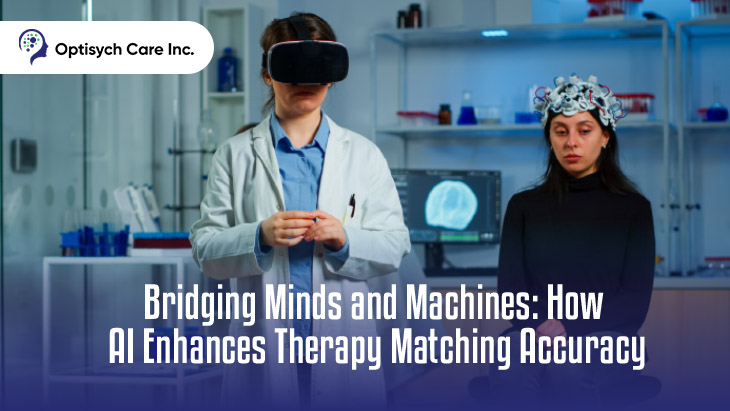
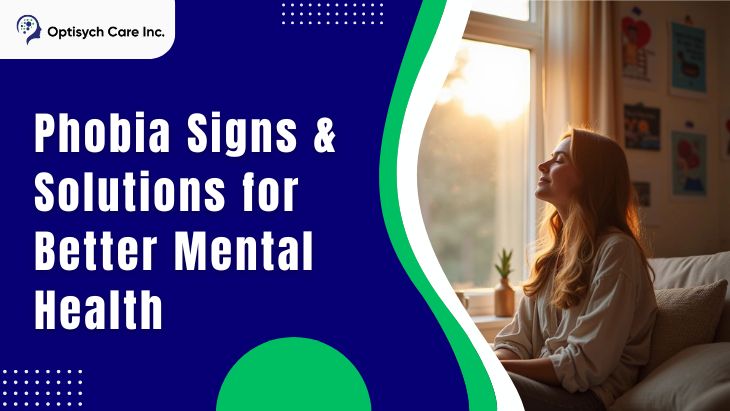
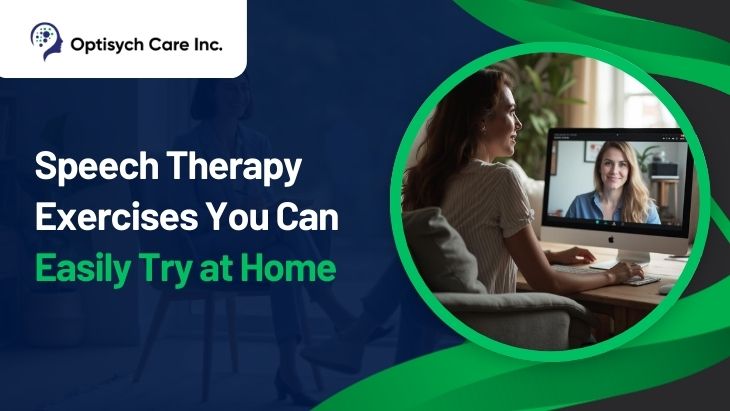
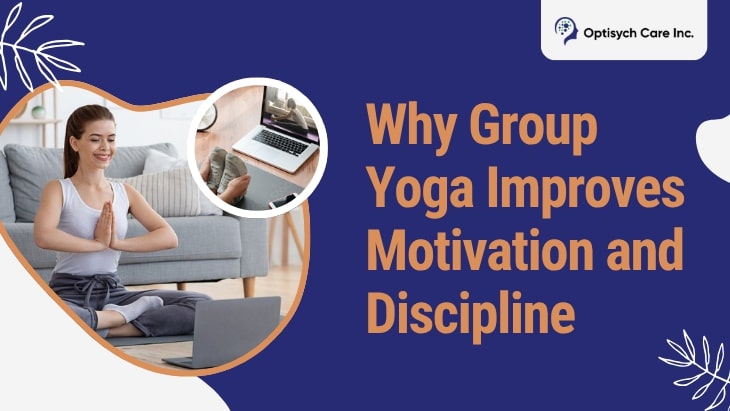
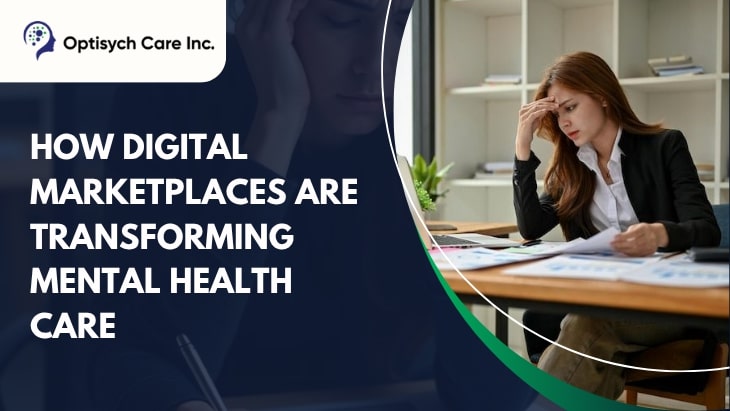

Leave a reply